Children lined up on the estuary bridge that connects the treaty grounds to the town of Waitangi, and they all took turns diving off the railings and into the water below. A crew of rowers cut deep grooves in the water with their oars as they propelled a waka (traditional canoe) into the open sea.
Overhead, a dense row of flags fluttered in the wind: not the Union Jack-embossed symbol of the New Zealand state, but the red and black curl of tino rangatiratanga, representing the Indigenous struggle for self-determination and governance.
A party atmosphere of festival-style celebration takes place against the backdrop of political questions about sovereignty, inequality, and history, and the bridge seamlessly connects these two facets of New Zealand’s founding Waitangi Day celebrations.
New Zealand’s political leaders celebrated the 183rd anniversary of the signing of the Treaty of Waitangi, the founding document of the country, between the Maori and the British crown at a marae (meeting house) in the Bay of Islands over the weekend. The organisers of this year’s event made a concerted effort to “keep politics out of it,” requesting instead that politicians speak on more universal themes of national unity and camaraderie. With an election on the horizon and shared governance with Maori becoming a potential flashpoint issue, however, racial and Indigenous sovereignty concerns have remained front and centre in political discourse.
At a pwhiri (welcoming ceremony) for political leaders, Prime Minister Chris Hipkins said, “We non-Mori have nothing to fear and much to gain” from confronting the wrongs of the past. Unfortunately, much of the current discussion is still marked by doubt and apprehension. We can get past this if we communicate openly and try to understand one another.
It was clear from his political speeches and those of his opponents that the future of the government’s relationship with Mori would be a major issue in this election. A proposed reform of waterways management has become a proxy debate about the rights of state and iwi (tribal) institutions, raising the question of whether or not the state and iwi (tribal) institutions should “co-govern” public assets. Waikato-Tainui MP Tukoroirangi Morgan claimed on Friday that reform opponents had “fanned the flames of racism.”
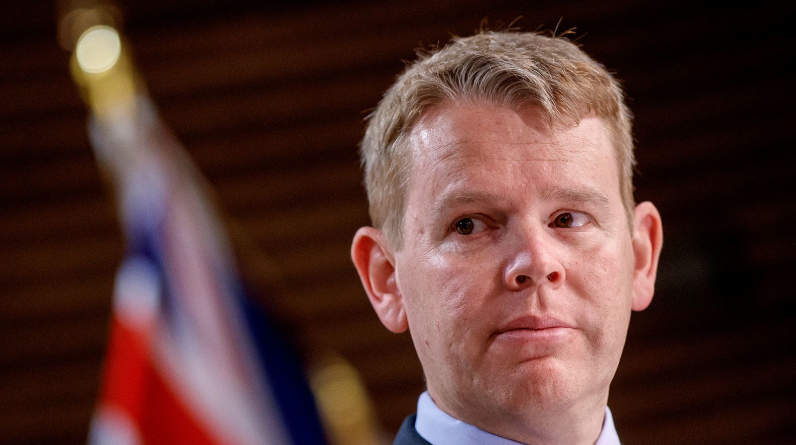
Hipkins made an effort to calm the nerves of those voters on Sunday. He remarked that while “a lot of anxiety” existed among non-Mori New Zealanders regarding “what treaty settlements might mean” and “what the ongoing relationship between the crown and Mori might mean,” such concerns were unwarranted. I don’t think we should be afraid to talk about those issues,” Hipkins said. And I have no qualms about broaching the subject.
Also Read :Blood Vitamin B12 And Vitamin D3 Levels In Working Adults A Cross Sectional Analysis
Hipkins spent the rest of his speech discussing the persistent problems caused by inequality for Mori, who experience wide gaping disparities in educational attainment, criminal justice involvement, and health outcomes. We have accomplished too much to stop here,” he said.
Christopher Luxon, leader of the National Party, has instead prioritised completing settlements with the Waitangi Tribunal, one of the primary formal avenues of redress. This procedure, he claimed, “settles claims forever” and “brings an end to grievance,” and he pledged to exhaust all available remedies within the next seven years. Then we can say that the great national reconciliation process that started in the ’90s is finally over.
This, however, is apt to be a very difficult process. The treaty signing will take place on land owned by the Ngpuhi, who have never accepted an official settlement from the crown for historical wrongdoing. Many people there were thinking about the 2,000-page Waitangi tribunal report that came out a month before, which concluded that the crown had grossly overstepped its rights to govern Ngpuhi by going to war with them and seizing their land. Among the many suggestions made, returning all crown-owned land in Northland to the Maori was prominent.
Waihoroi Shortland, an elder from the Ngti Hine tribe, greeted politicians in te reo and made the comment that discussions of “deviation” from the treaty were too general to identify those who had broken its terms. Saying, “I am in the very same place that we were 183 years ago,” he reflected on their current location. Who was the one who changed? Who abandoned the place? Who exactly has been lost in the desert all this time?
Yet here we are, having founded a nation.
The political intensity of the day was largely toned down in favour of more genteel panel discussions, shared food, dancing, and music over the course of the weekend, marking the latest iteration of a shift in tone for Waitangi. It has a long and storied history as a site of passionate protest and, on occasion, literal political mudslinging; in 2004, then-National party leader Don Brash was pelted in the face with handfuls of dirt. This year’s rally lacked the usual enthusiasm, and there were hardly any banners or placards to be seen.
On Monday, not even the brief political speeches remained. A large number of people got up early to attend a service to welcome the morning light. As dawn broke, the rain gradually decreased to a light drizzle. Just outside the treaty grounds’ gates, tens of thousands of people were getting ready to gather for a massive music festival.
As he left the site for the last time, the prime minister remarked, “The politics comes and goes.” But I think it’s been a good place to live overall.

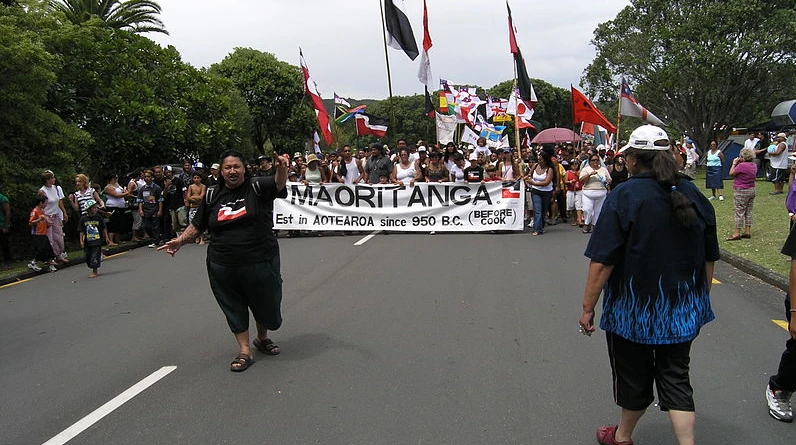
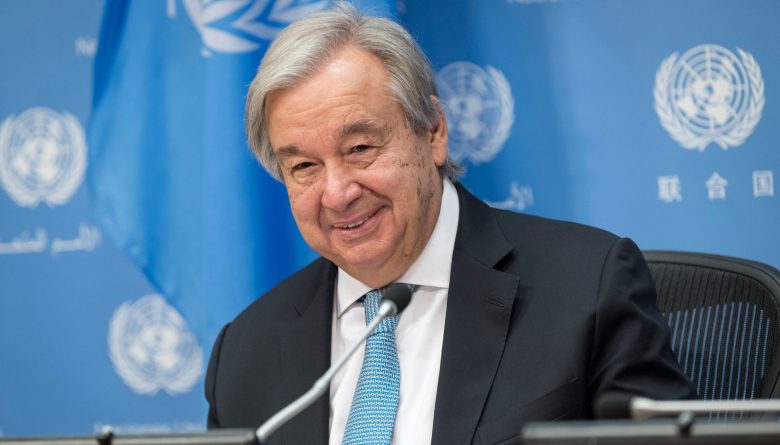
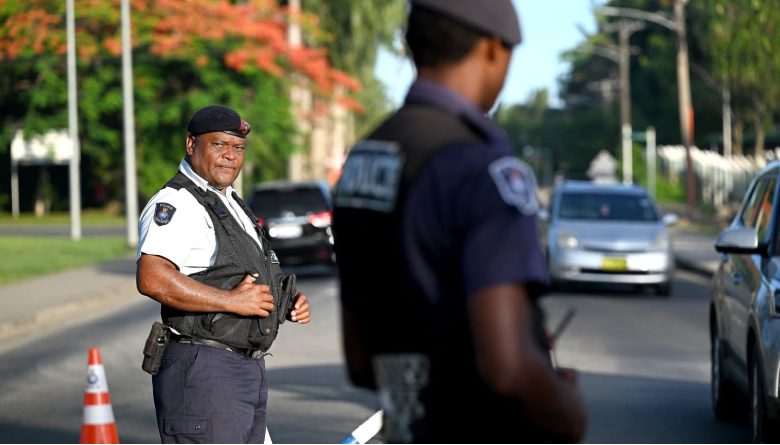
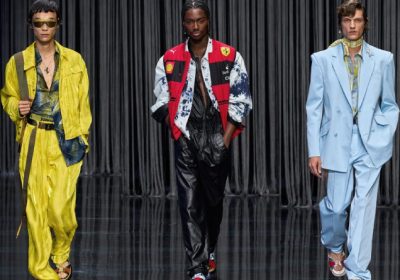




Leave a Reply